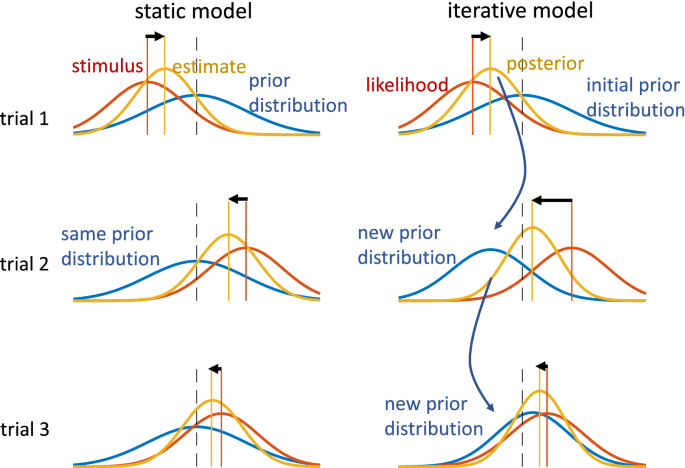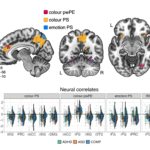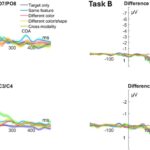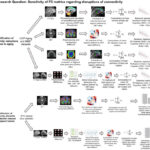Everyone has their own unique opinions and perspectives on the world around them. Even something as simple as sequential randomness can be perceived differently from person to person due to variations in the precision of our senses and how much we rely on our prior knowledge. Our implicit beliefs can heavily influence the latter. Glasauer and Shi (2022) introduced a new two-state Bayesian model which assumes individual beliefs about temporal continuity. This model successfully explains why people have different biases in perception, particularly with regard to central tendency bias and sequential bias. Essentially, our personal beliefs about how the world works can impact our perception of it.

Glasauer, S., & Shi, Z. (2022). Individual beliefs about temporal continuity explain variation of perceptual biases. Scientific Reports, 12(1), 10746. https://doi.org/10.1038/s41598-022-14939-8





